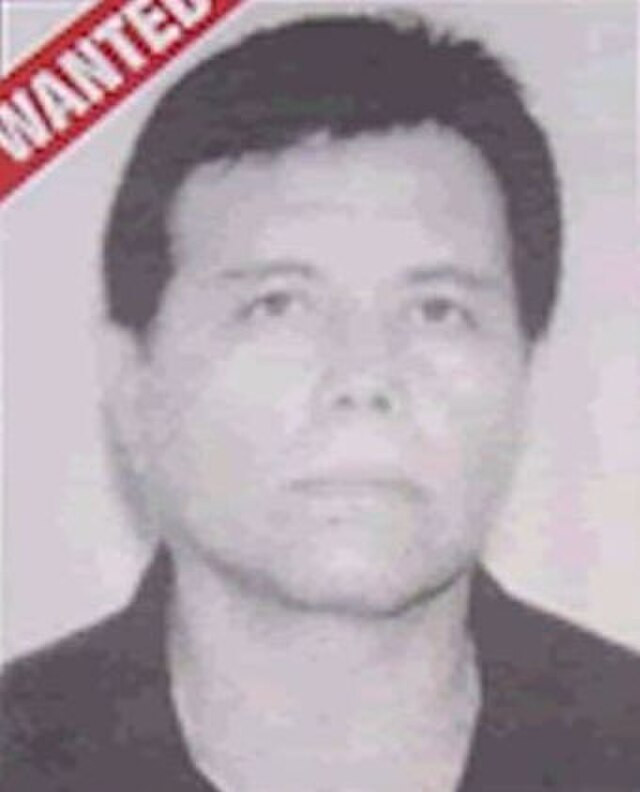Ismael "El Mayo" Zambada, the elusive leader of Mexico's powerful Sinaloa cartel, is engaged in plea discussions with U.S. prosecutors to potentially avoid a high-profile trial. Zambada, 76, faces 17 federal charges in a Brooklyn court, including drug trafficking, firearms offenses, and money laundering, which could make him eligible for the death penalty.
Assistant U.S. Attorney Francisco Navarro confirmed during a Wednesday hearing that plea negotiations are ongoing, though no agreement has been reached. "The parties have been engaged in discussions to resolve the case pre-trial," Navarro said. A follow-up hearing has been scheduled for April 22 to assess progress.
Zambada's potential trial would mark a significant chapter in U.S. efforts to combat international drug trafficking. As a co-founder of the Sinaloa cartel, Zambada operated alongside Joaquín "El Chapo" Guzmán, focusing on smuggling operations while maintaining a lower profile. His leadership saw the cartel expand its influence, including into fentanyl production, which has fueled the ongoing opioid crisis in the U.S.
Captured in July after decades of evading law enforcement, Zambada was apprehended at a small airport in New Mexico during a covert operation that also netted Joaquín Guzmán López, El Chapo's son. Zambada has pleaded not guilty to all charges.
At the center of Wednesday's hearing was a legal dilemma involving Zambada's attorney, Frank Perez, who also represents Zambada's son, Vicente Zambada Niebla. The younger Zambada, who previously testified against El Chapo, could be called as a government witness against his father.
"Because Vicente has information that might be used against you, and indeed because Vicente may testify against you, Mr. Perez has conflicting loyalties," U.S. District Judge Brian Cogan explained during the hearing. Despite acknowledging the potential conflict, Zambada insisted on retaining Perez.
"I don't want a different attorney. I want Mr. Perez to represent me even if this presents a conflict," Zambada stated through an interpreter. Judge Cogan allowed Perez to remain on the case, noting that other attorneys could handle matters directly involving the younger Zambada.
The legal saga highlights the internal strife within the Sinaloa cartel. Tensions between Zambada and Guzmán López escalated after Zambada accused Guzmán López of betrayal, leading to his capture by U.S. authorities. The cartel has since been embroiled in violent power struggles between factions loyal to Zambada and Guzmán's sons, known as the Chapitos.
The fallout from these arrests has strained U.S.-Mexico relations, with Mexico's former President Andrés Manuel López Obrador and current President Claudia Sheinbaum blaming the U.S. for sparking cartel violence. U.S. Ambassador Ken Salazar countered, calling such claims "incomprehensible" and criticizing Mexico's lack of cooperation in addressing cartel-related violence.




